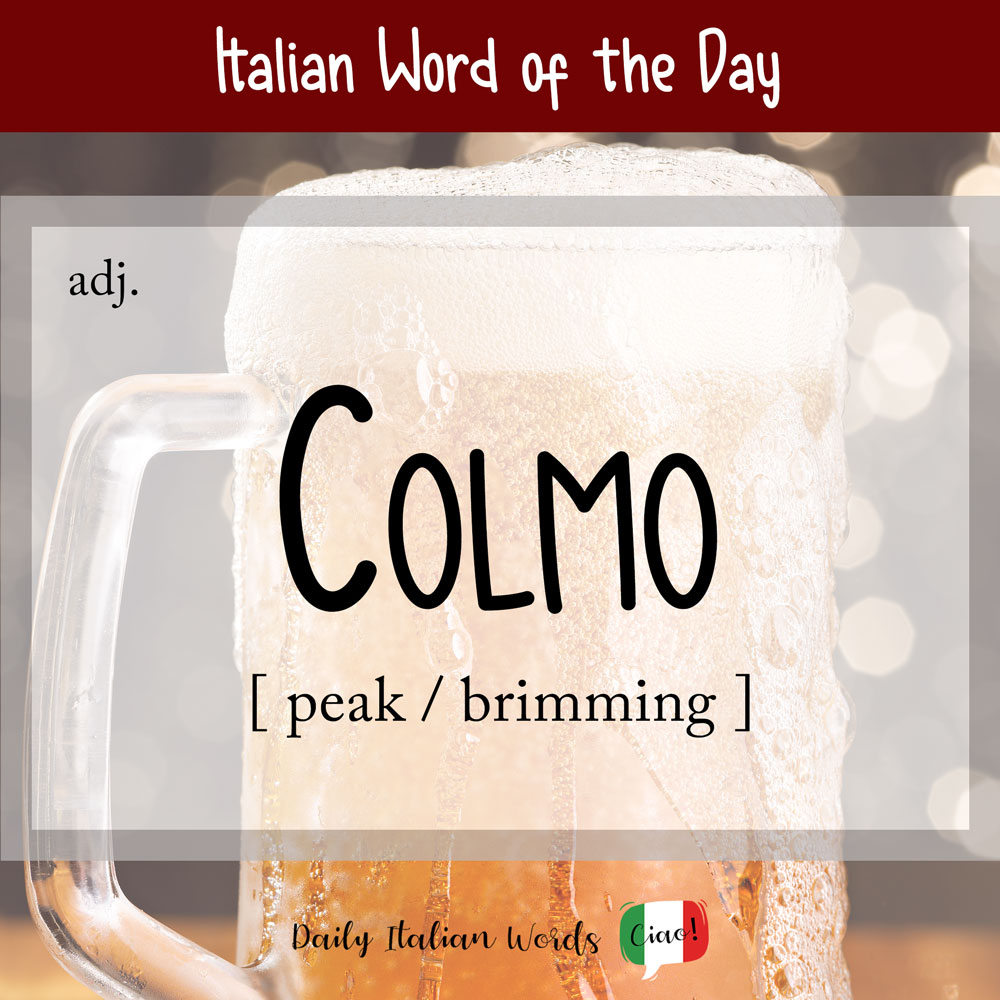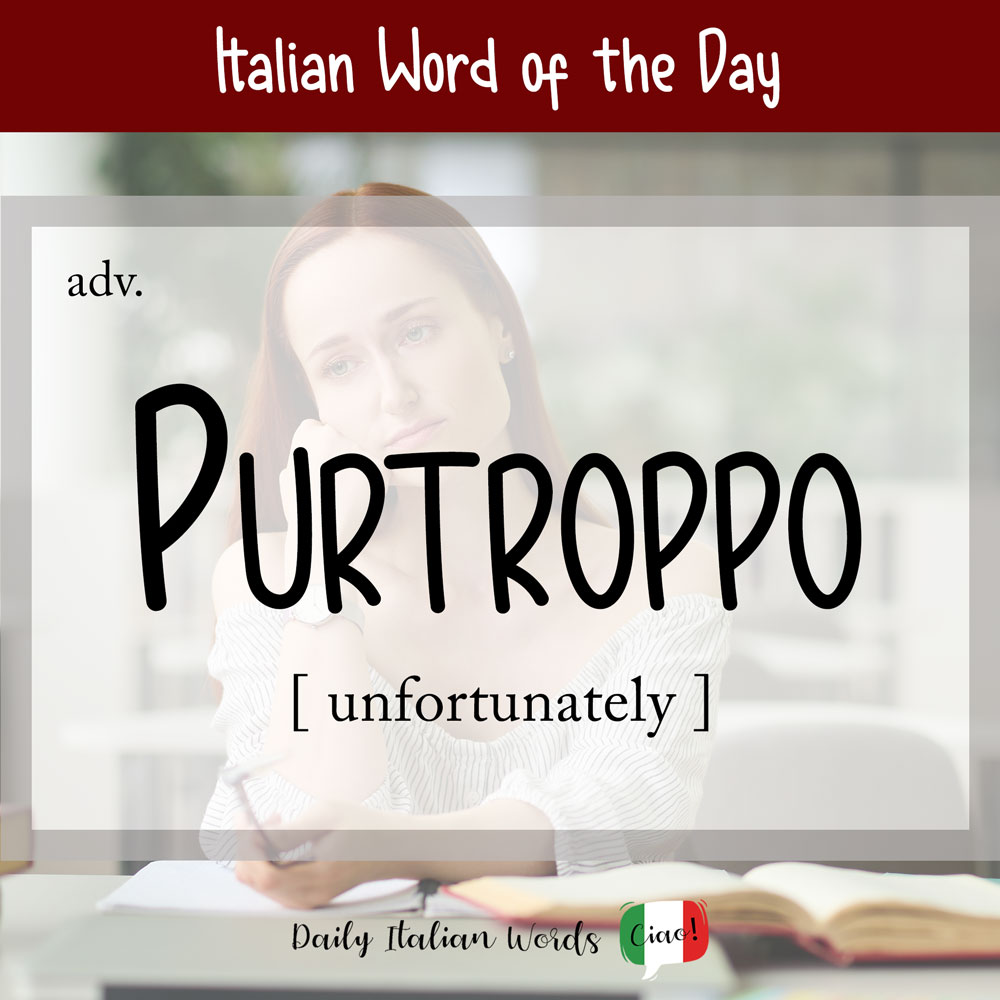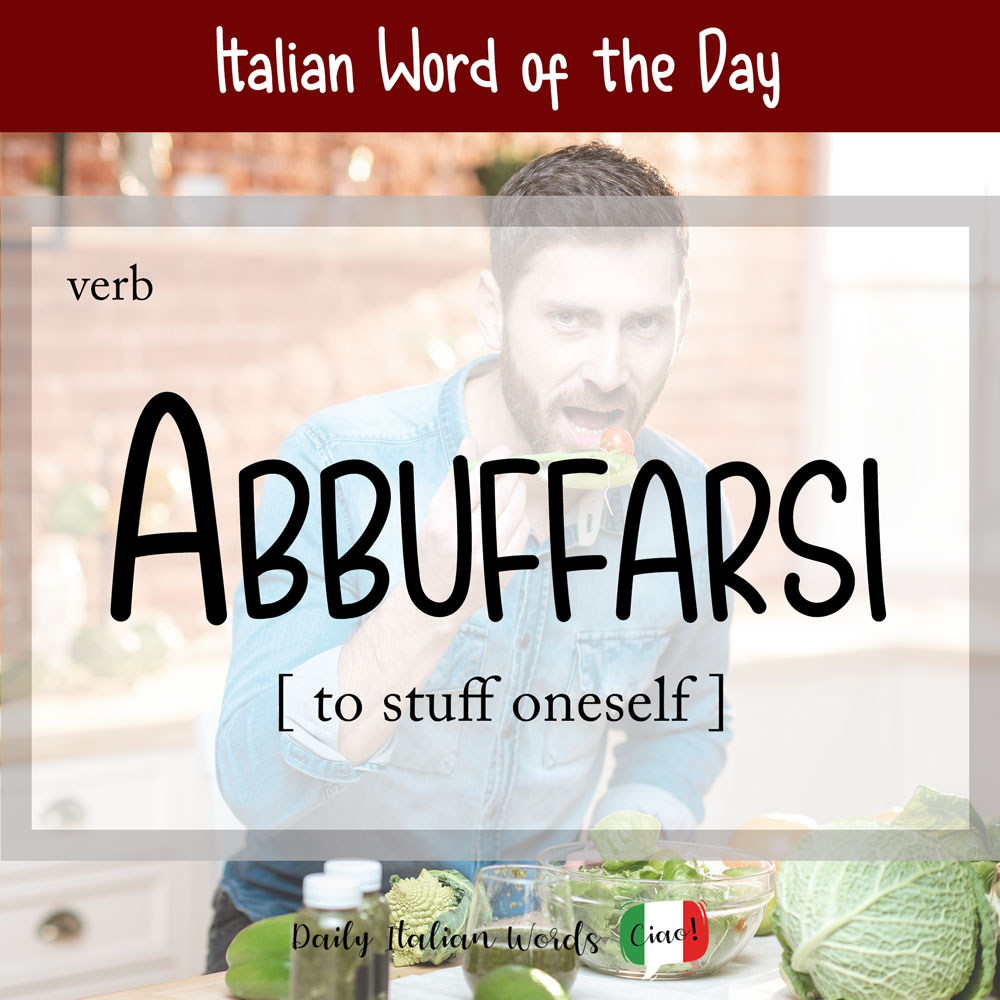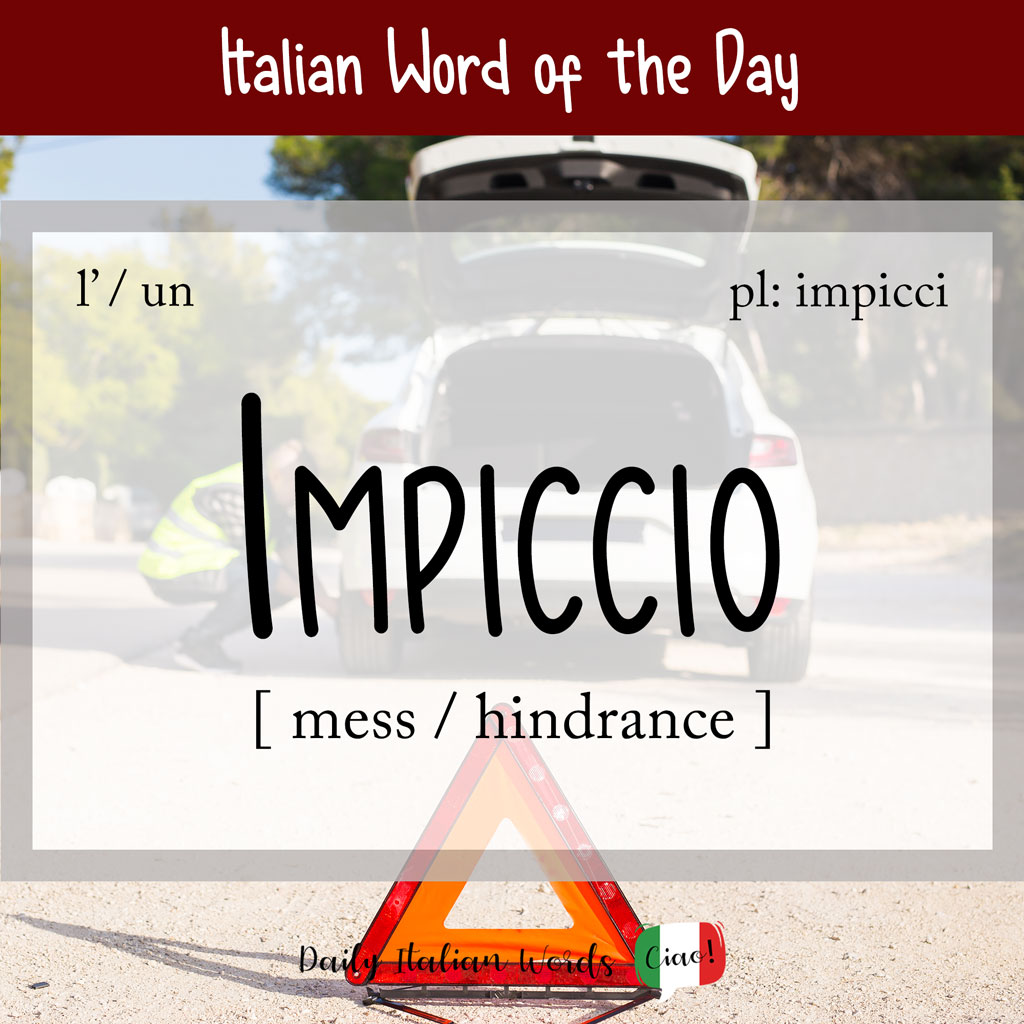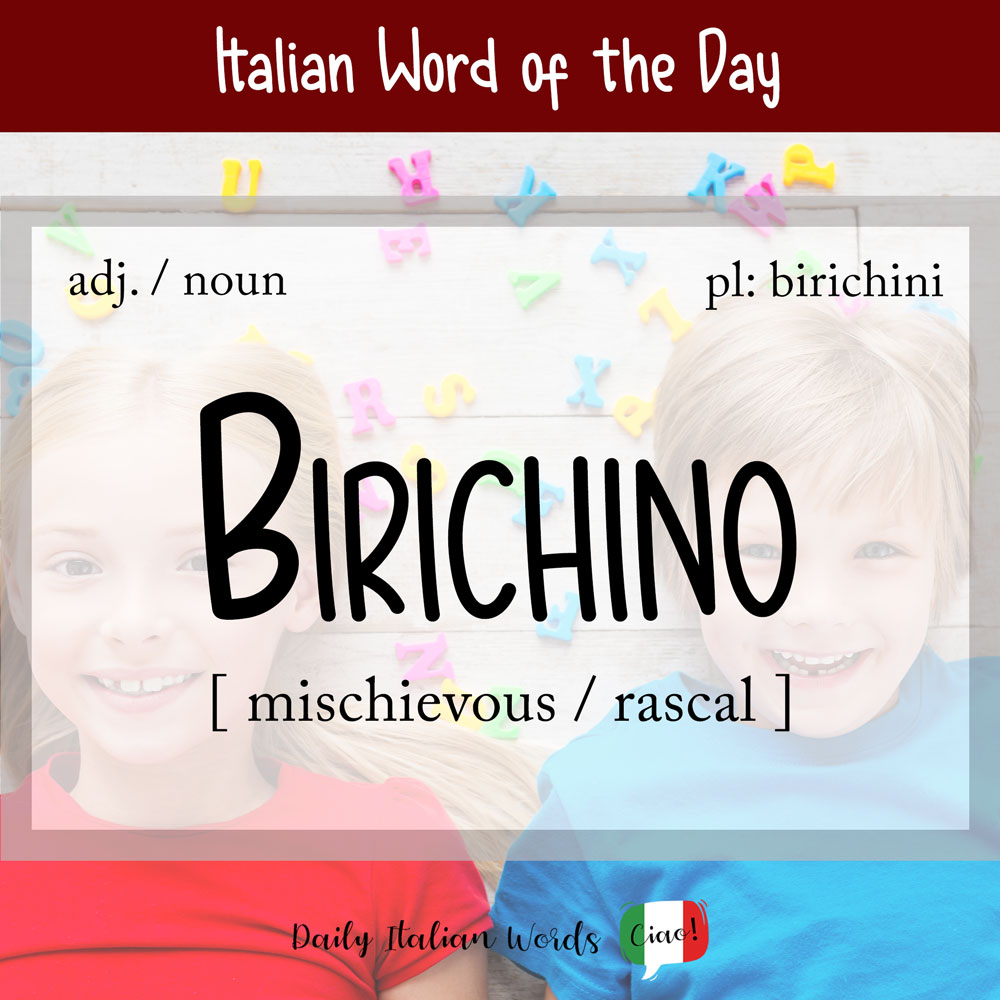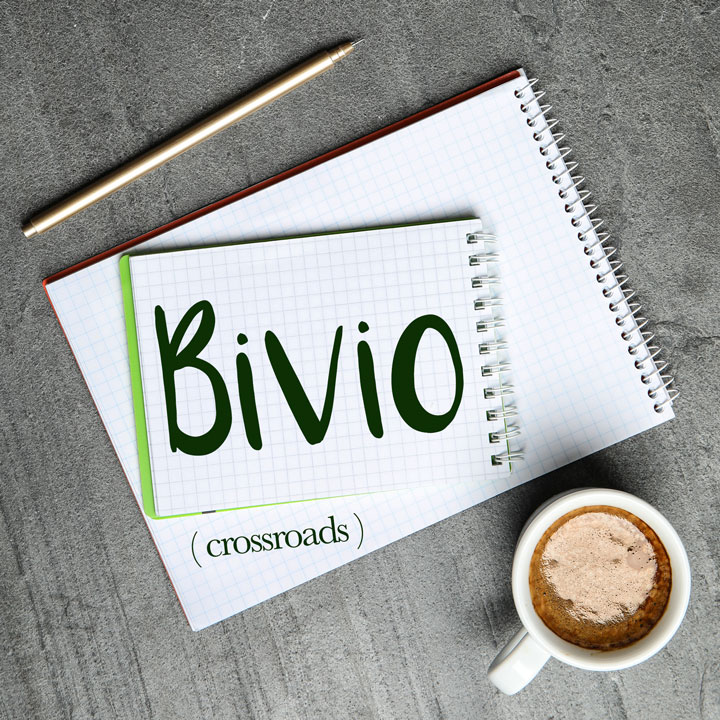Italian Word of the Day: Colmo (brimming / peak)
A barrel brimming with beer. A plate overflowing with pasta. A heart bursting with joy. Anything that is full to the brim, be it physical or metaphorical, can be described using a simple adjective in Italian: colmo. Because it is an adjective, the ending changes depending on the gender and number of the person or …

